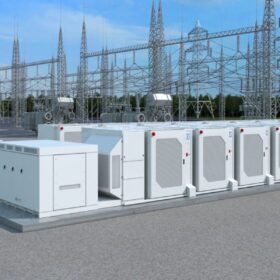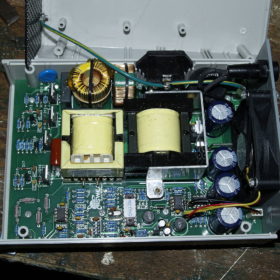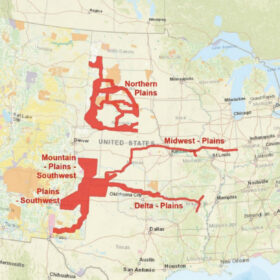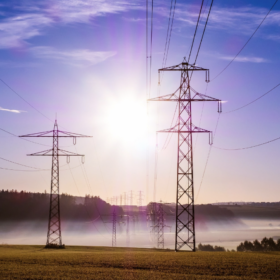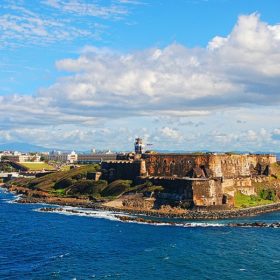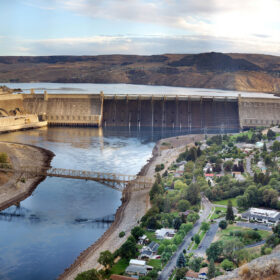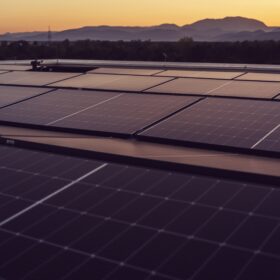Puerto Rico in line for 1.14 GWh of battery storage
A new U.S. Department of Energy loan guarantee will help finance 200 MW of solar and 285 MW of grid-scale storage on the island.
Cybersecurity guidelines for smart inverters
The National Institute of Standards and Technology has flagged a cybersecurity risk for smart inverters, and is developing guidelines to prevent cyberattacks.
More states in the U.S. now require smart inverters, enabling more distributed solar
Pennsylvania and Minnesota have joined six other states in requiring smart inverters for distributed solar and storage. Certain utilities in 13 states and Puerto Rico also require smart inverters, while six states are considering the requirement. Smart inverters enable more solar on distribution circuits.
US government proposes 10 ‘national interest’ transmission corridors
Eight of the 10 transmission corridors proposed by the US Department of Energy (DoE) could facilitate transmission between grid regions. One would expand transmission within the Mid-Atlantic’s PJM grid region, and one would expand transmission in the Northern Plains.
US roadmap streamlines solar project interconnections
A new US Department of Energy (DoE) roadmap outlines 35 ways to allow solar developers to expedite the interconnection of utility-scale renewables and storage projects. The roadmap, developed through a DoE stakeholder process known as i2X, proposes actions to implement these solutions.
US government funds pilot project for heated sand energy storage
The US Department of Energy is funding a pilot project to demonstrate the commercial viability of storing energy in heated sand, which is capable of producing 135 MW of power for five days.
Amazon Web Services helps Duke Energy complete power flow studies in hours, not months
Adding residential solar or commercial-scale electric vehicle chargers on a utility’s distribution feeder may require the utility to conduct power flow calculations. Duke Energy can now complete those studies in hours, an Amazon executive said at a policy forum held by ACORE.
Puerto Rico distributed solar rises to 680 MW, residential storage to 1.6 GWh
While distributed solar and storage are advancing quickly in Puerto Rico, utility-scale solar and storage procurements ordered by regulators in 2020 have made little progress.
Native American tribes to back 1-3 GW of renewables to replace hydro dams
Four Native American tribes, two US states and the US government have agreed to work together to replace the energy now produced by hydroelectric dams.
Lobbyists call for more front-of-meter solar in California
California should put front-of-the-meter distributed solar on an equal footing with transmission-connected utility-scale solar and behind-the-meter solar, say several US advocacy groups.
